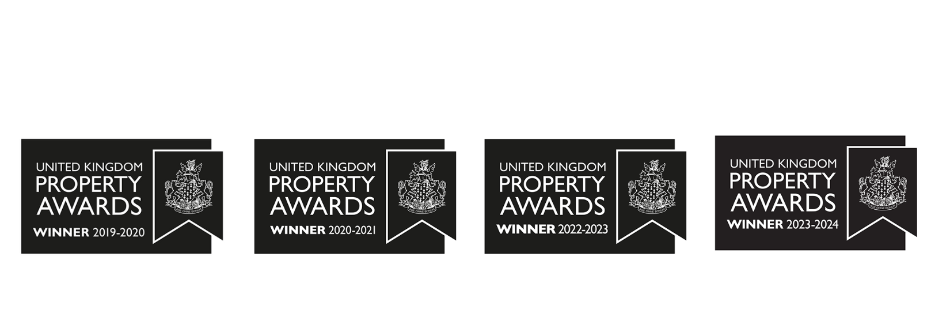From overstretching your budget, to buying in a property without high demand, there are a number of issues many first time investors face when looking to invest in property, however, these are easily overcome if you have the right guidance. We have listed 9 fatal mistakes that novice investors often make, and how these can be overcome.
1. Subjective and Not Objective
This is a business and your focus should be on either ROI or capital growth, or a mixture of the two. Forget what the flooring in the apartment is, the finishes in the kitchen, is it south-west facing, would I live there, etc. This is a property you will be renting and these little things add to your costs, but often have little or no impact on your returns.
2. Don’t Stretch Your Budget Too Far
Remember, cash flow is key in any business, and the moment you stretch your finances too far you could soon find yourself in difficulty. Any property that does not make you money is not an investment, it is a liability.
3. Make Sure There is a Demand
Buy property in an area where there is a demand for rental properties. Also, research the type of property that is popular for rentals and target that market.
4. Use Letting Agents
If you intend to buy property and just rent it out make it easy. Ideally, you should be using letting agents as that allows you to buy in the areas that best match your requirements and your returns are not limited by your geographical demands.
5. Don’t Delay
If you have a decisive business plan, and that has a specific set of requirements in it, and the property you are looking at fits those criteria, then all is fine. You will never buy at the perfect time, nor will you sell at the perfect time. You enter the market as a long-term player, the relationship you have with a property will last at least 5 years and should stretch to at least 10 years so entry level is a mute point. Focus on the business plan and your numbers, the rest will follow as a result.
6. Don’t Focus Too Much on Aesthetics
Do not spend too much money or time worrying about what your apartment looks like. That doesn’t mean that you needn’t worry about presentation, just don’t overspend when preparing it for rental, as long as it is clean and up to date, the property will rent well. You are not selling the property, you are renting it out. In many cases, clients rent unfurnished and therefore do not require the property to be furnished.
7. Avoid Older Properties
Try to avoid older properties that require constant maintenance as this will impact on your returns and your ability to rent out. If you buy new properties you are immediately covered with a 10-year warranty, modern properties also hit new EPC ratings that are now required to hit certain standards that older properties struggle to achieve without remedial work, again adding to costs. Remember, you are a landlord, not a property developer or builder, so try and avoid older and often costly properties.
8. Setting The Correct Rental Rates
Setting the correct rental rates you hope to achieve for your property. If you set the wrong level and hold out for that price you are adding to the void period on that property, the market in rentals is very sensitive to the slightest price change, and a £50 per month difference can be the difference between full occupancy and an empty property. It is important to set the correct rental levels for your property and area and accept the median.
9. Setting A Strategy
This is key and one to focus on, whether that is building a portfolio, buy and rent one, or buy and sell, you must have a strategy, even if that strategy is an exit strategy!
Alternatively, why not speak to one of our award-winning property brokers today and let us help you to invest the right way, finding a development that is suited to you and your needs as a professional investor.



